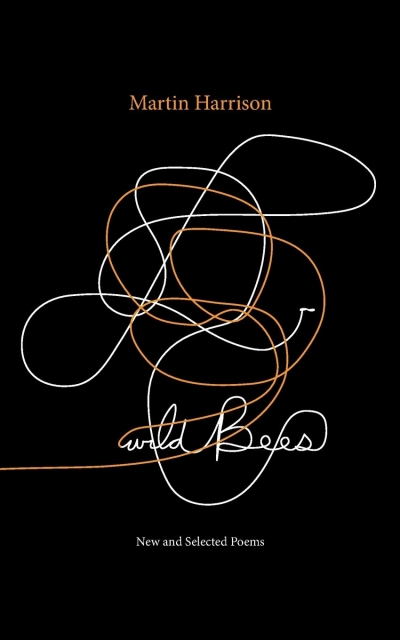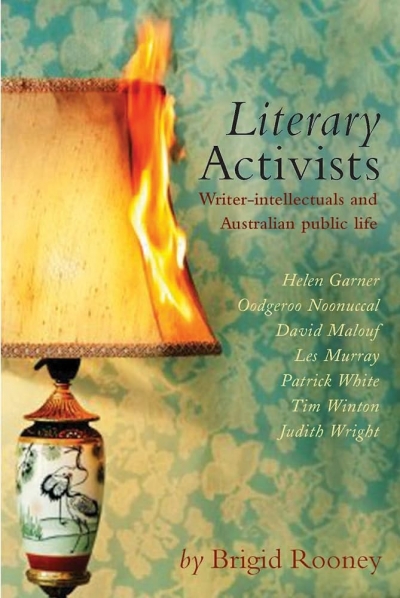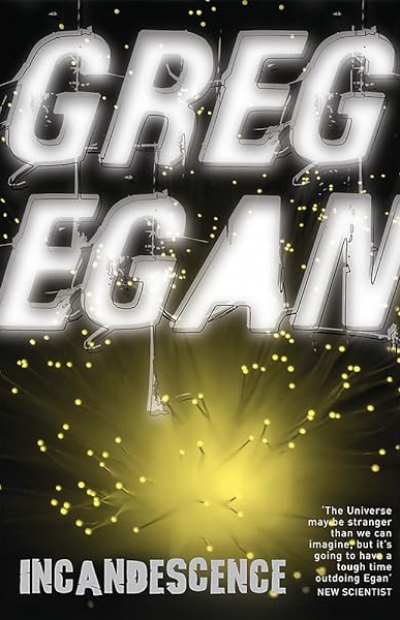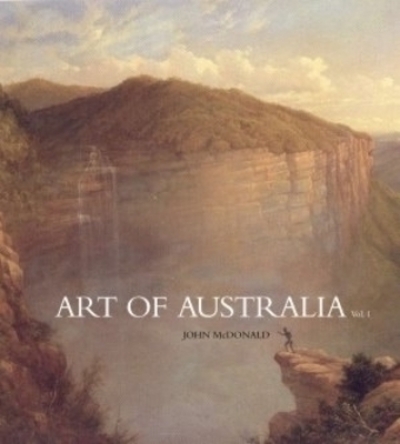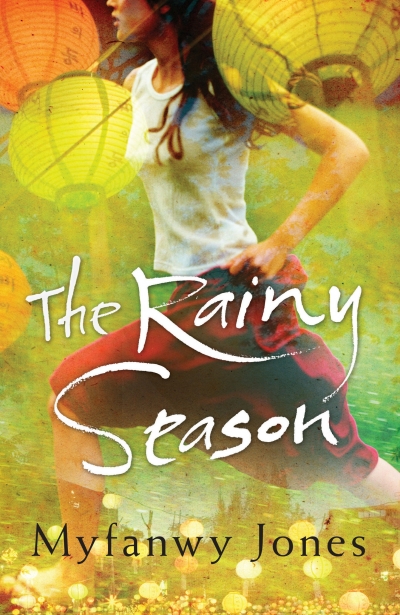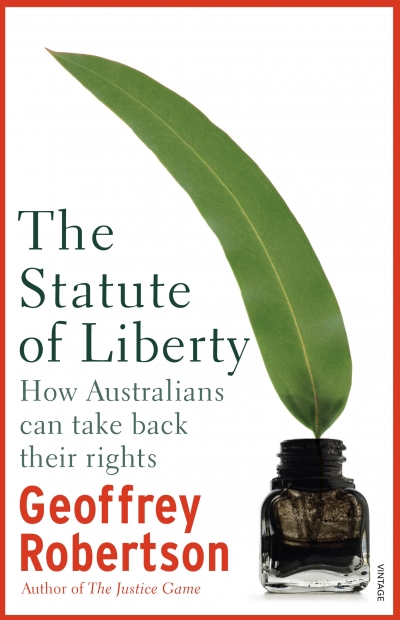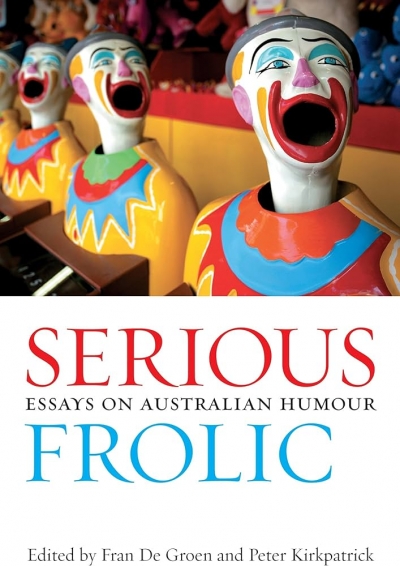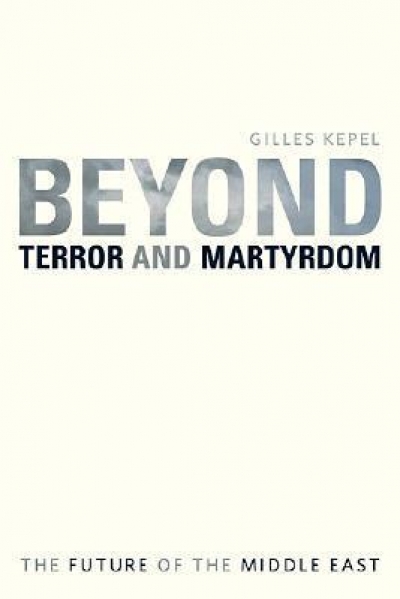Archive
To be alone in the wide room
in the house’s crooked elbow, turning point
for extensions as the family grew
and grew – and grew – to be alone in the one room
nobody needed now, though it might be resumed
like land, for guests or blow-ins, at any moment,
without notice (and that was part of
the appeal, the very tenuous feel of the place) to play the ...
Literary Activists: Writer-Intellectuals and Australian Public Life by Brigid Rooney
by Susan Lever •
The Art of Australia, Volume 1: Exploration to Federation by John McDonald
by David Hansen •
The Statue of Liberty: How Australians Can Take Back Their Rights by Geoffrey Robertson
by Patrick Allington •
Serious Frolic: Essays on Australian Humor edited by Fran de Greon and Peter Kirkpatrick
by Robert Phiddian •

